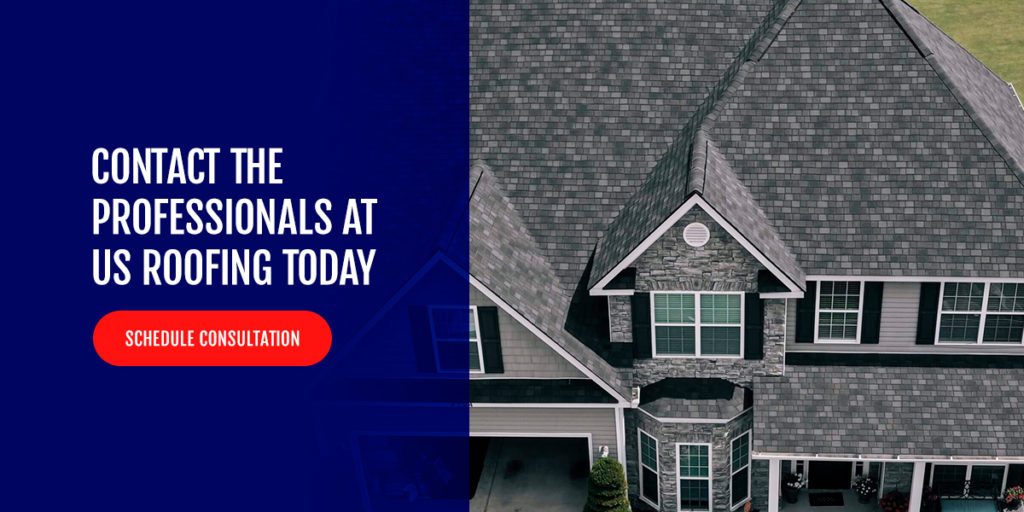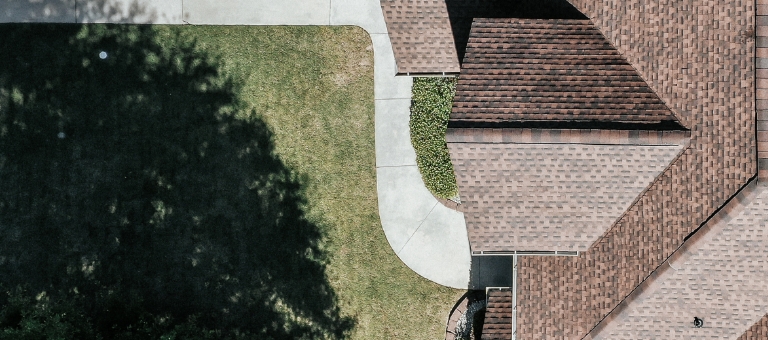Understanding Written Roofing Proposals
Understanding the details of a written roofing proposal is vital for knowing exactly how much money you will spend, the quality of materials you’ll be receiving and the type of work your contractor will perform. Even though a proposal from one contractor may have lower prices than another, it doesn’t always mean it’s a better deal. One of the first things to look for is a contractor’s willingness to go over the proposal with you in complete detail.Roofing Estimates vs. Roofing Proposals
Roofing contractors will often provide free estimates to give you a general idea of a project’s cost. Estimating is a fast and straightforward process that gives you a glance at what the project might involve. A roofing estimate will typically show you all the materials the contractor plans to use, the amount of time it will take and the warranties that come with the service. If you’re happy with the estimate, you should request a written proposal before signing a contract. A proposal usually establishes the exact costs you will pay for the entire project. Unlike an estimate, a proposal involves the roofing company in Grovetown agreeing that it will not exceed the charges specified.What a Professional Roofing Contractor’s Proposal Should Contain
Understanding all the components of a contractor’s proposal is vital for making the best decision. If you receive bids from different companies, you must evaluate them carefully to ensure that each contractor offers you the same services. Some of the primary things to look for in a written proposal include:- Estimated material amounts: Contractors will evaluate the condition of your roof and take the necessary measurements to provide you with an accurate cost of all the project’s required materials.
- Material grades: All reputable contractors will indicate the material brands and types they plan to use. Lower-grade materials can often make one proposal seem more attractive than another, despite the downgrade.
- Time frame: An accurate time frame will tell you exactly how long the project will take, including cleanup.
- Liability coverage: If your contractor does not specify their liability coverage or insurance on the proposal, you should request it in writing before signing a contract.
- Warranty information: A comprehensive warranty ensures your contractor will stand behind the materials and installation for a specific number of years.
- Payment terms: A proposal’s payment terms will show how much money you need to deposit and when the balance of the payment is due.
- Hidden costs: Ask your contractor if there might be any hidden service costs, like flashing, gutters, sealants or upcharges for steep slopes.




